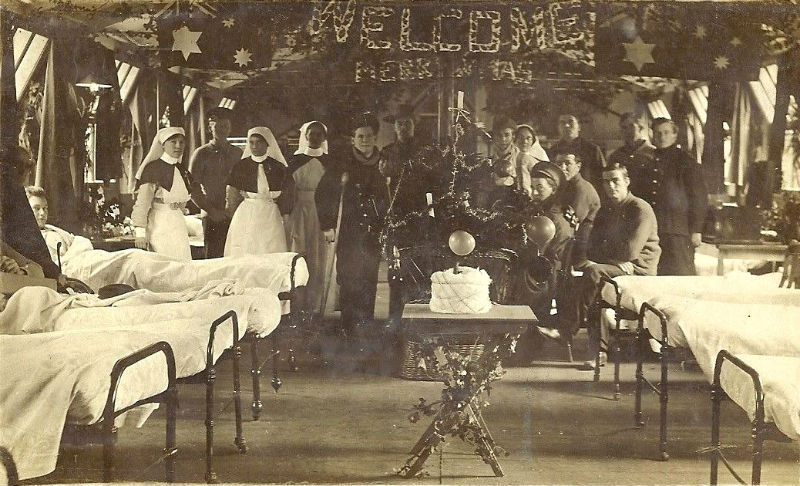 Australian troops celebrate Christmas in London's Harefield Hospital, 1915
Australian troops celebrate Christmas in London's Harefield Hospital, 1915
Christmas in war time
The old-time wish "A Merry Christmas" will on this occasion unfortunately have to be deferred until the end of the war, probably for some time after the war, for the lingering pains of such a titanic struggle as we are at present engaged in - pains of memory and of present suffering - will check any exuberance of jollity such as has become by old tradition, associated with an English Christmas for hundreds of years.
But if we cannot expect the full-blooded mirth of an old-fashioned Dickens Christmas, we may still anticipate a time of quiet cheerfulness, seasoned with the hope that before the advent of another Yuletide the peace so ardently desired by the whole world will at length have dawned and the period of wholesale slaughter and wholesale waste will have come to an end.
That fair hope may reasonably help to raise the level of our spirits at this season, which only inevitable rotation of the calendar brings under the category of "festive". Very many of us have to mourn our dead, a grief poignantly intensified by the associations of the time. Still, even so, there is deep consolation for the survivors: "dulce et decorum est pro patria mori", but if it is sweet and decorous to die for one's country, in a stuill higher degree is it to perish in defence of the eternal principles of justice and humanity, without which
"The pillar'd firmament is rottenness
And earth's base built on stubble"
There is, too, our duty to the children, that perennial source of hope and joy, without which we might well be content to let the world slide.
And even greater at the present time is our duty to those brave soldiers and sailors of the kingdom and Empire who are fortunate enough to be home on leave. Let us send them back one and all cheered, refreshed and reinvigorated, while we have no doubt that the enthusiastic gratitude of the country will have provided their gallant comrades still at the Front or on the high seas with the means of "keeping Christmas in genial fashion.
To the London Stock Exchange more than perhaps any other great section of the City community Christmas presents the hard task of showing cheerfulness and fortitude under very difficult circumstances.
Bitter poverty has befallen many of the members, others have the greatest difficulty in making both ends meet, while few indeed find their business prospering. But Stock Exchange men have always been "sportsmen" in the best sense of that much-abused term. The other day Lord Derby in a speech in "the House" paid a well merited tribute to the splendid manner in which available members had responded to the call of their country, and those who were prevented by age of other disablement from taking up arms had not failed to "do their bit" in such spheres of usefulness as were open to them.
It is not going too far to say that the Stock Exchange has purged itself for ever of the charge of being mainly devoted to Mammon, and that no body in the kingdom has evinced a more unselfish and fervent spirit of loyalty and has more justified its faith by works.
The Stock Exchange, however, though it may have been more severely hit by the war than most other representative bodies, is but a microcosm or epitome of the country at large, which has endured heavy taxation, diminished incomes and sometimes perhaps unnecessary encroachments on its comfort and convenience with such unflinching courage and such enduring patience. We cannot and ought not to forget the war even during the few days' respite that are now granted us, but let us also remember that we are contending with all our strength and energy for the establishment on a firm basis of the root principle which the great Christian festival embodies - "Peace on earth and goodwill towards men".
Never, indeed, in their history have the nation and the Empire approached nearer to the realisation of the Christian ideal of unselfish devotion to moral and spiritual causes or has so generously sacrificed all material advantages on the altar of duty.
In the knowledge, therefore, that we are quitting ourselves like men and in the serene hope for the future we may accept without qualms of conscience such pleasures as Christmas in war time can bring us, and in this spirit we beg to extend our sincere good wishes to all our readers.
From: The Financial Times, Christmas Eve 1915
Christmas at war: An OpenLearn Live special
In the run-up to Christmas, each day this week OpenLearn is republishing a short article from contemporary newspapers capturing an officially-approved view of life in wartime during the First World War
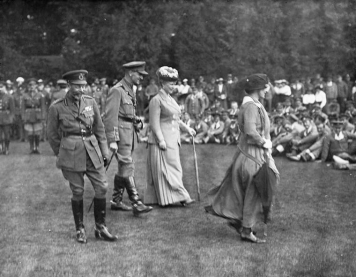
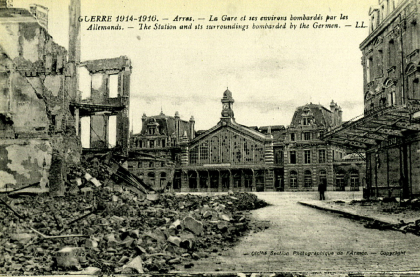
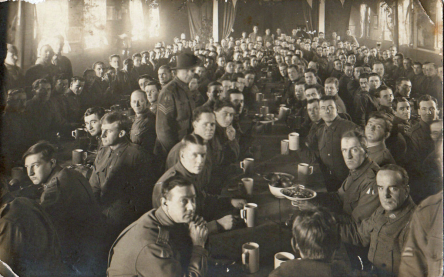
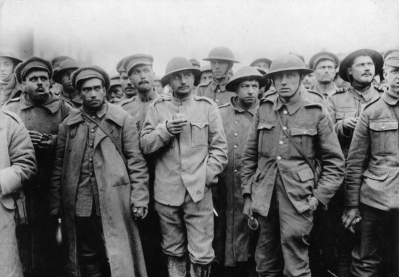
Rate and Review
Rate this article
Review this article
Log into OpenLearn to leave reviews and join in the conversation.
Article reviews